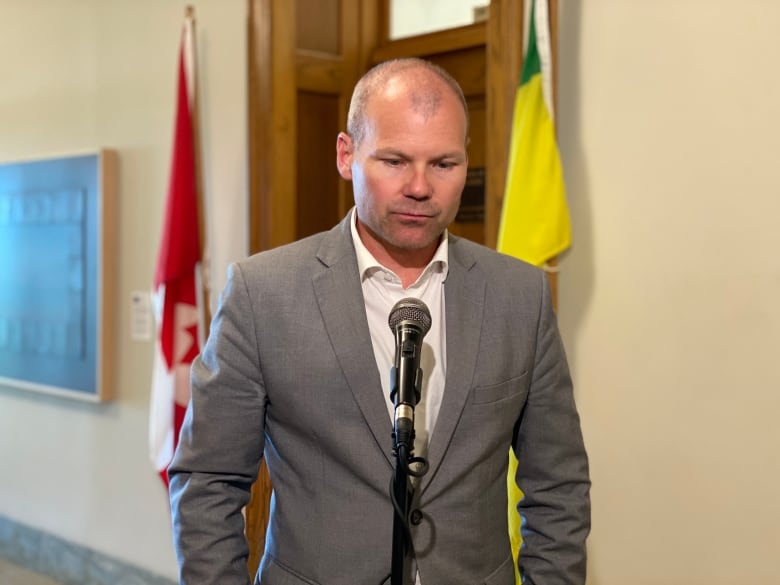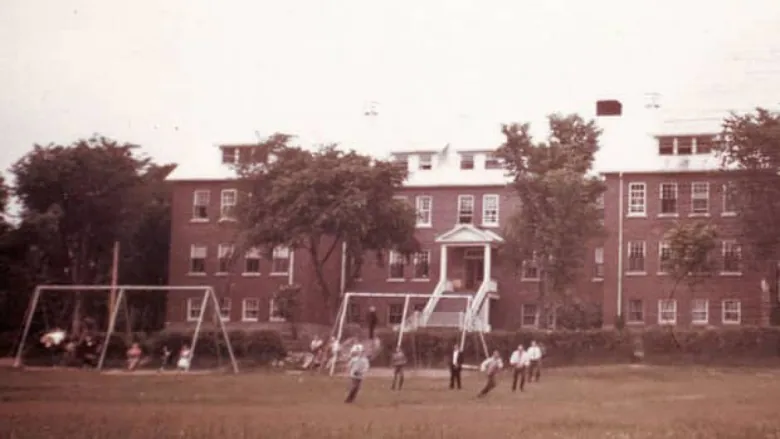UNESCO chief requires reworking training, with 244 million nonetheless out of college |

Sub-Saharan Africa stays the area with essentially the most youngsters out of college, 98 million, and it’s also the one area the place this quantity is rising.
The Central and Southern Asia area has the second highest out-of-school inhabitants, with 85 million.
Training targets in danger
“Nobody can settle for this example,” stated Audrey Azoulay, the UNESCO Director-Common, underlining the necessity to respect each little one’s proper to training.
“In view of those outcomes, the target of high quality training for all by 2030, set by the United Nations, dangers not being achieved,” she warned. “We want a world mobilization to place training on the prime of the worldwide agenda.”
Ms. Azoulay will renew her name on the landmark Reworking Training Summit on 19 September, at UN Headquarters in New York.
UN Secretary-Common António Guterres has convened the Summit to mobilize motion and options, together with to reverse studying losses because of the COVID-19 pandemic
Closing the gender hole
On a extra optimistic be aware, the UNESCO information has confirmed that the distinction within the fee of ladies and boys out of college has closed worldwide.
Again in 2000, the gender hole was 2.5 share factors amongst main college age youngsters, and three.9 share factors amongst their higher secondary college counterparts.
These gaps have been lowered to zero, though regional disparities persist.
Uncertainty clouds Ukraine’s return to class
Relatedly, 4 million girls and boys in Ukraine are dealing with the beginning of an unsure college 12 months, the top of the UN Kids’s Fund, UNICEF, stated on Thursday.
Catherine Russell concluded a three-day go to to the nation, the place she met college students, mother and father and academics scarred by the conflict, now in its seventh month.
“Kids are returning to colleges – a lot of which have been broken throughout the conflict – with tales of destruction, unsure if their academics and pals shall be there to welcome them. Many mother and father are hesitating to ship their youngsters to highschool, not understanding if they are going to be protected,” she stated.
Hundreds of colleges throughout Ukraine have been broken or destroyed because of the combating, with lower than 60 per cent deemed protected and eligible for reopening.
Ms. Russell visited a rehabilitated main college that had been broken throughout the early weeks of the battle. Solely 300 college students can attend at anyone time because of the capability of the varsity’s bomb shelter, representing a mere 14 per cent of the varsity’s pre-war capability.
‘Bomb shelters as an alternative of playgrounds’
UNICEF is working with the Ukrainian authorities to get youngsters again to studying – each in lecture rooms, when it’s deemed protected, and thru on-line or community-based alternate options if in-person training will not be doable.
Because the conflict started, some 760,000 youngsters have acquired formal or non-formal training. Moreover, greater than 1.7 million youngsters and caregivers have benefited from UNICEF-supported psychological well being and psychosocial assist interventions.
“Colleges in Ukraine are determined for assets to construct bomb shelters as an alternative of playgrounds, with youngsters being taught about unexploded ordinances as an alternative of highway security,” stated Ms. Russell. “That is the stark actuality for Ukrainian college students, mother and father and academics.”
Getting youngsters again to studying entails efforts similar to rehabilitating colleges, offering laptops, tablets and provides to academics and college students, and guiding youngsters and academics on the right way to keep protected throughout a time of conflict.
‘Unhappy actuality’ affecting younger minds
Ms. Russell stated training for the kids of Ukraine has been dramatically compromised.
“After greater than two years of the COVID-19 pandemic and 6 months because the escalation of the conflict, their bodily and psychological well being is beneath monumental pressure. Extra have to be carried out to handle what for a lot of has been a tragic actuality.”
In the meantime, Ukrainian youngsters who at the moment are refugees face different challenges. Roughly 650,000 dwelling in 12 host international locations had been nonetheless not enrolled in nationwide training programs as of the top of July.
UNICEF has supported almost half with formal or non-formal training. The UN company can be working with governments and companions to be sure that Ukrainian refugee youngsters are both enrolled in colleges or have entry to on-line studying.
Winter worries
Throughout Ukraine, UNICEF has reached an extra 616,000 folks – together with essentially the most susceptible households – with humanitarian money transfers. Nevertheless, with winter settling in, Ms. Russell feared wants might outpace assets.
“Except there may be peace, the lives of youngsters and their households in Ukraine are going to get much more difficult as winter approaches,” she stated
“We all know freezing temperatures and heavy snowfalls are simply months away, which is why UNICEF is working with the federal government and companions to preposition winter provides, together with heat clothes, footwear, mills, heaters and wooden pellets.”
Throughout her go to, Ms. Russell additionally met with First Woman Olena Zelenska, complementing the efforts of the Ukrainian folks – together with academics, mother and father, and healthcare staff – and expressed gratitude for the long-standing partnership between the Authorities and UNICEF.
She additionally mentioned methods of additional strengthening the joint response to the humanitarian disaster and the significance of getting protected, well timed and unhindered humanitarian entry to all youngsters in want of life-saving assist.




